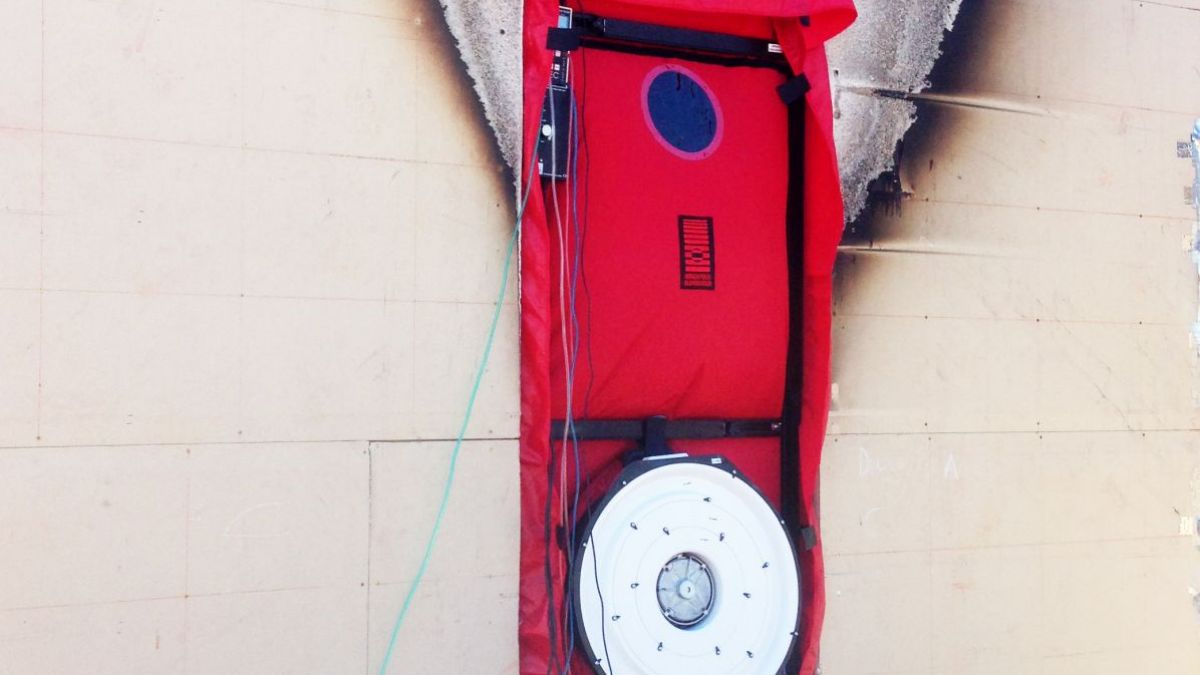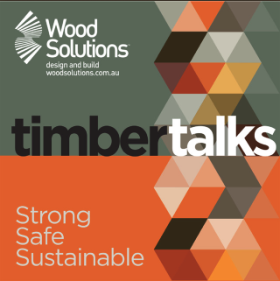
This project takes evidence-based development approach, through simulation and experimental testing of optimised construction systems and details to improve the environmental performance of multi-storey CLT buildings in tropical and sub- tropical climates, with focus on their hygro-thermal behaviour and airtightness.
Performance requirements are set to achieve net zero energy use, in accordance with relevant Australian and international standards, and green rating tools. This implies innovative solutions for insulation, thermal bridging and air-tightness. This research project aims to demonstrate the superior holistic performance, economic advantages, and reduced environmental impact of net zero energy buildings (ZEB) that employ optimised CLT solutions.
Research Showcase
Published Articles
The Fifth Estate - Passive solar design versus Passive House: why we need both for healthy homes in Queensland
Dr Paola Leardini describes the essential elements of a comfortable house for the subtropics. “Passive House” works in all climates: hot, cold, humid and dry.
Sustainability, Passivhaus and Durability - PTEC Part 1
WoodSolutions TimberTalks Series - The conversations were taken at the Pacific Timber Engineering Conference (PTEC 2019) held in Brisbane in July. 4.15 Marcus Strang from the University of Queensland and Grun Consulting on Passivhaus and engineered wood 6.40 Andrea Stocchero from Scion on sustainability opportunities of timber 12.10 Eugenia Gasparri from the University of Sydney on Unitised Timber Envelopes 16.00 Geoff Stringer from the University of Queensland on durability
Peer-reviewed Conference Papers
23rd Passive House Conference, Gaobeidien, China
The International Passive House Conference is to be held in Gaobeidien, China and will include the presentation of a paper by Marcus Strang and Dr Paola Leardini on the material benefits and risks of CLT for construction to Passive House Standard in tropical climates. The presentation highlights the effects of the adhesives and the design changes on a building level required to meet the rigorous Passive House Standard. The peer-reviewed conference paper can be viewed by clicking the image below.
Presentations
5th Pacific Timber Engineering Conference (PTEC 2019), Brisbane, Australia
Marcus Strang presented at PTEC 2019 on the hygrothermal performance of engineered wood multi-story buildings in Australian tropical and subtropical climates highlighting a framework for modelling durable assembly designs. The conference abstract can be viewed by clicking the image below.
Timber, a material with a bundle of challenges, all worth it
Chief Investigator - Dr Paola Leardini was a panellist at the recent Brisbane Open House Event - Tall Timber Buildings & Taking on Climate Change. This event was open to the public and displayed 25 King Street, which is inspired by the environmental benefits and versatility of timber and showcases timber from roof to floor. The 9-storey plus ground superstructure utilises a combination of revolutionary engineered Cross-Laminated Timber (CLT) and glulam (glue laminated timber). It is the tallest timber office building in Australia, if not the world.
Webinar- 23rd International Passive House Conference Featured Presentation - Dec 2019
The Passive House Institute showcases a presentation from the 23rd International Passive House Conference in China focussing on the area of sustainability. Marcus Strang, of the University of Queensland, presents his paper: Material Benefits and Risks of Cross Laminated Timber for Passive House Construction in Subtropical Climates. 
ARC Future Timber Hub Presentation – May 2020
Marcus Strang presents his research to the ARC Future Timber Hub attendees, highlighting updates to the energy and hygrothermal simulation studies.
- Assess hygro-thermal performance of multi-storey CLT buildings in the Australian context.
- Develop and test optimised CLT construction details for net ZEB in tropical and subtropical climates.
- Validate CLT solutions against Australian standards and promote their integration into recognized rating & certi cation tools.







